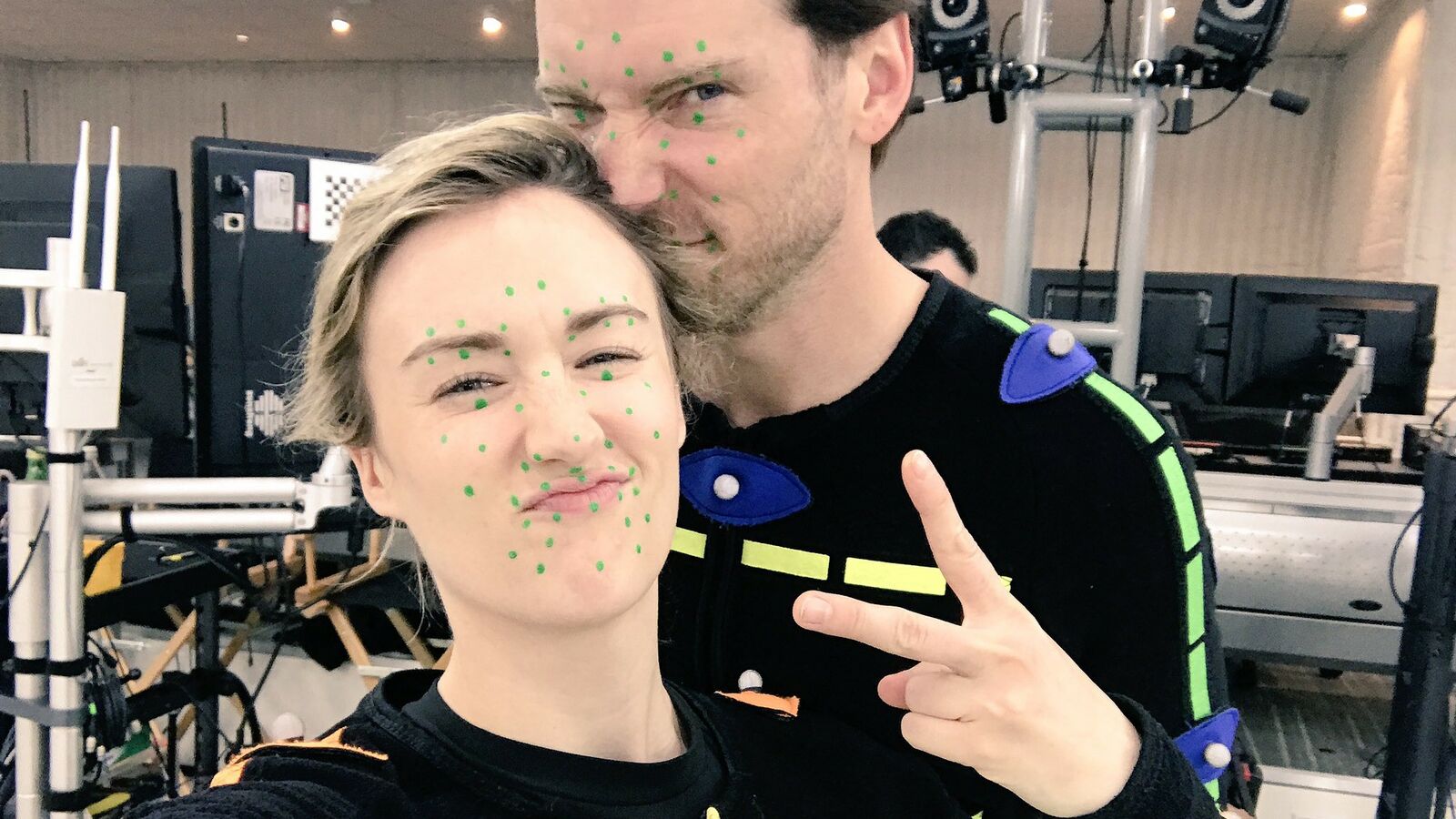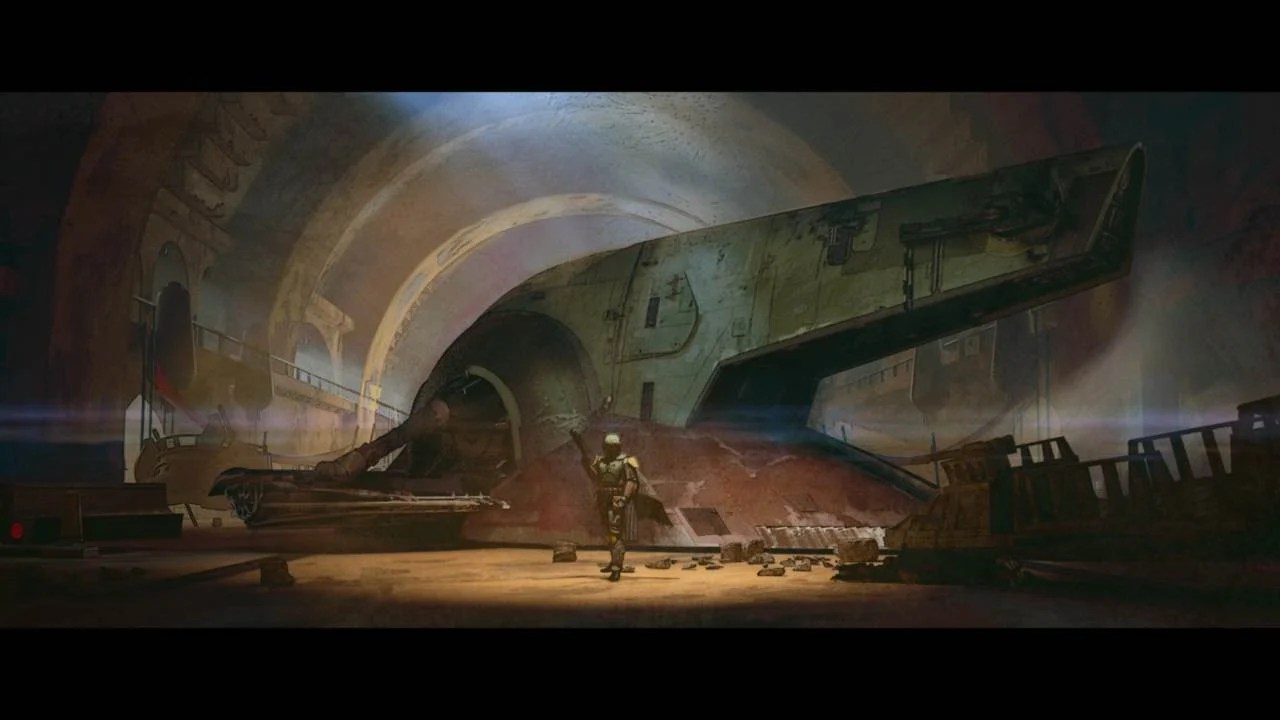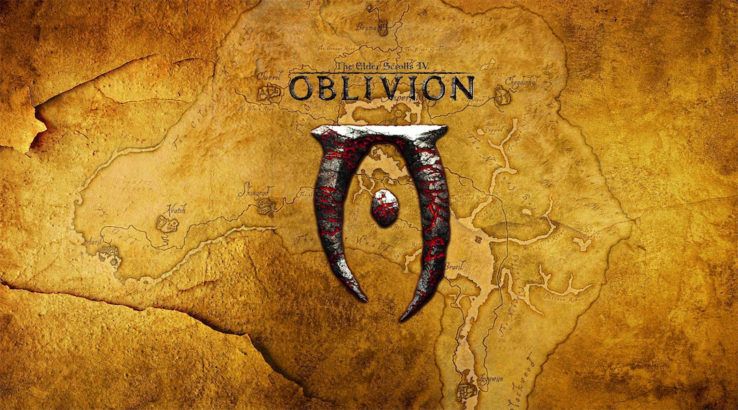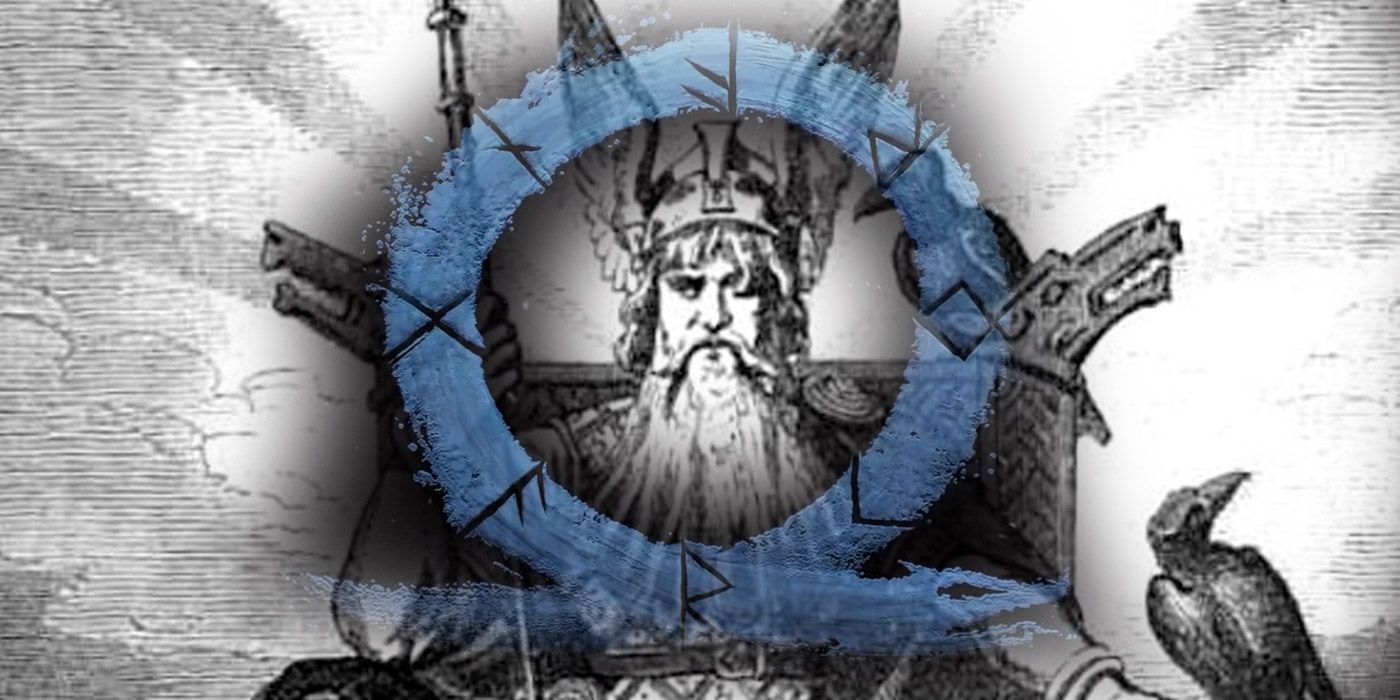
Across all of the different interpretations of Norse mythology, the character of Loki almost always plays a pivotal role in the ultimate fate of the pantheon. For this reason, it's not surprising that Santa Monica Studio has placed its own adaptation of the character at the very heart of the God of War franchise's Norse themed chapter as well. Having shocked the world during the closing moments of 2018's game, with the revelation that Atreus is actually the god of mischief, fans are now eagerly waiting to see where the young boy's story ends up going next.
Taking inspiration from a centuries old mythology that has no single defined version of its continuity has naturally opened the door for Santa Monica Studio to really play around with its incarnation of Loki. While the God of War universe's version of the character shares a number of key parallels with his folklore based variant, there's also a lot of important differences between the two's origins that makes them distinct from one another.
RELATED: The Best PS4/PS5 Games To Get Under $20
Norse Mythology's Loki
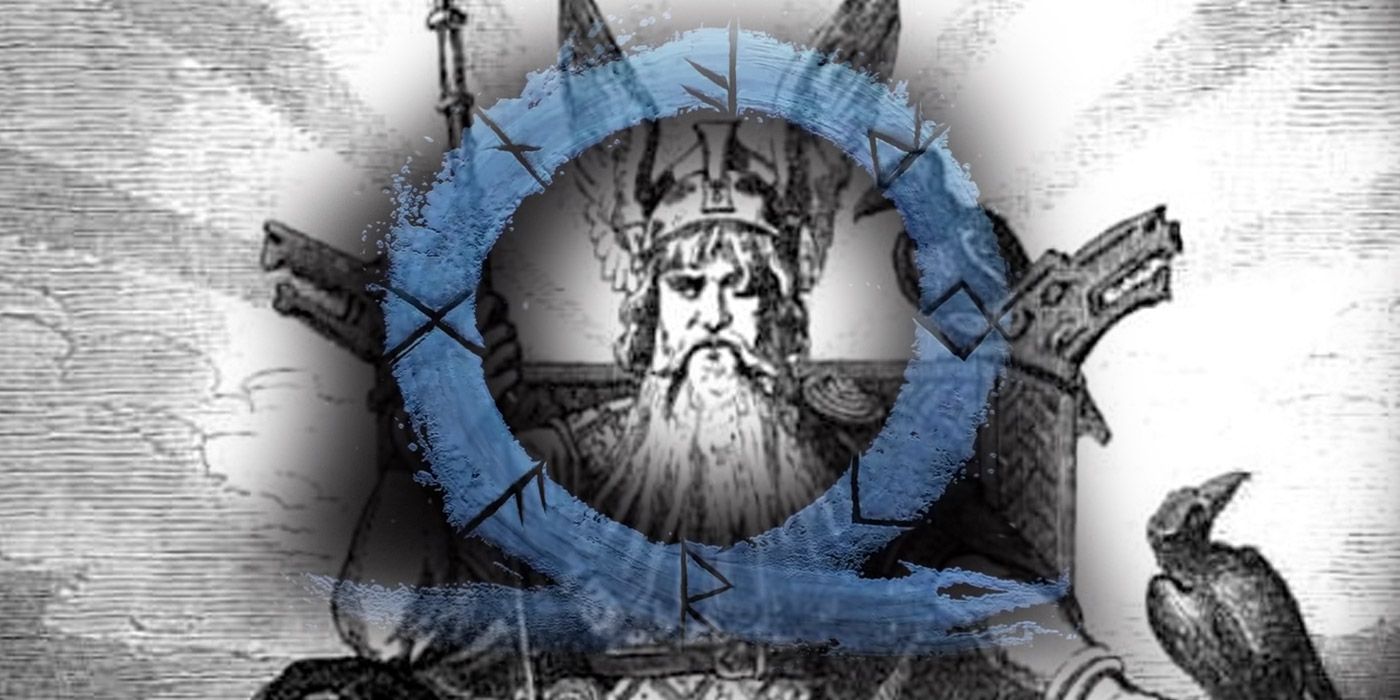
In most interpretations of Norse mythology, the exact details of Loki's origins are shrouded in a layer of contradictory mystery, which seems fitting given the chaos that the god of mischief revels in. Throughout the history of the folklore's many retellings though, his father is most often named as Farbauti, a Jotunn from the appropriately named realm of Jotunheim. During 2018's God of War, Kratos and Atreus themselves spend the bulk of the game questing to reach this fabled home of the Frost giants, a common name often used to describe the Jotunn. Whether or not all of the inhabitants of the realm were actually supersized is a topic of debate amongst historians and scholars within itself, which would go someway to justifying Atreus' human sized stature in Santa Monica Studio's series so far.
When it comes to the other side of Loki's family tree, proceedings continue to be convoluted on that front as well. Most commonly the goddess Laufey is attributed as being his mother, with some versions of the mythos naming her as Nal instead. Things become truly complicated when examining the topic of her species, with many sources describing her as simply being a goddess of undetermined origin, rather than necessarily a Frost giant. In the characterization of the Norse pantheon Loki and his mother are subsequently grouped together with the Aesir gods like Thor and Odin, which lends credence to theories that suggest Farabuti might not have actually been the child's biological father.
Loki's complicated backstory goes some way to explaining not only why the god is often depicted as both a hindrance and help to the main group of Norse deities, but how the character goes on to play a central role in their downfall during Ragnarok as well. Like most branches of Norse mythology, Loki has plenty of relatives surrounding him during his formative days to help push him towards this apocalyptic ending. While little is known about either of his brothers beyond their names being Helblindi and Byleistr, the pair are said in some interpretations to have led the armies of Niflheim in support of their brother's crusade against Odin.
RELATED: A God of War PS5 Update is Needed Now More Than Ever
God of War's Atreus
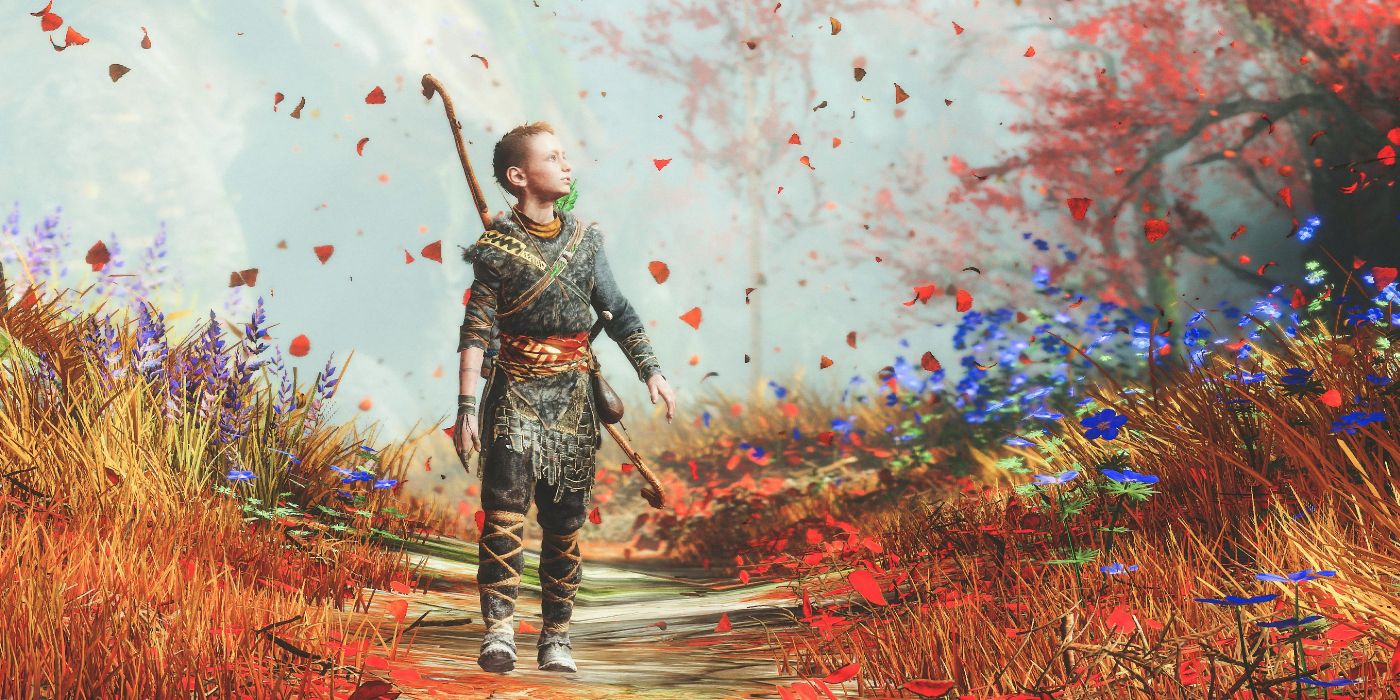
In comparison to his mythological counterpart, a lot of Atreus' backstory is openly revealed to the player over the course of the game before the Loki-themed grand finale twist takes place. Whether or not it's revealed in the untitled God of War sequel that Santa Monica Studio has been less than truthful in typical Norse mythology fashion, remains to be seen. As far as the franchise's fanbase is currently aware, based on all of the information that's been presented, one of the biggest differences within the boy's origin is the fact that Kratos is Atreus' biological father.
Considering that Farbauti is often dubbed the 'cruel striker' and associated with lightning, it's possible that Kratos is actually the incarnation of the character within the in-game universe. As the son of Zeus, the former God of War does afterall have a hereditary affinity with the same elemental power that Farbauti is said to have controlled. More tenuous still is the fact that, at certain points across the franchise's history, Kratos has technically transformed into a giant as well. With Kratos having been name dropped directly on the Jotunheim mural, the door has been left noticeably open for the actual Frost giant to show up at some point to throw a spanner in the father-son dynamic that was forged over the course of God of War.
After assuming the identity of Faye throughout all of her interactions with Kratos and Atreus, the latter's mother is eventually revealed to actually be Laufey within the God of War universe as well. While the woman in question shares her real name with the most frequently mentioned version in Norse mythology, this incarnation of the character is different due to the fact that she's actually a powerful Jotunn, rather than a goddess. This was most likely done for creative reasons, with Kratos being the source of this version of Loki's deity based lineage. Instead of forming a relationship with the Aesir Gods through Laufey, Atreus' relationship with the Norse pantheon is defined exclusively by the apocalyptic Ragnarok prophecies that also plague his mythological counterpart's origins as well.
When it comes to the siblings aspect of Loki's origin, while Helblindi and Byleistr have yet to be even mentioned, Atreus still isn't an only child within the God of War franchise. On Kratos' Greek side there's his daughter Calliope, who's tragic murder in many ways sparked the bloodshed filled trajectory that her father has continuously walked ever since. On paper, the two sets of relatives for the different incarnations of Loki appear to a big differentiating aspect of their respective origins. With Hel teased as being a big part of the franchise's Ragnarok themed future, though, there's a chance that Atreus' departed half-sister could still come to his aid in a not too dissimilar fashion to how Loki's are said to have helped him.
The untitled God of War sequel is in development for PS4 and PS5.
MORE: Ghost of Tsushima: How to Unlock the God of War Armor at Shrine of Ash

